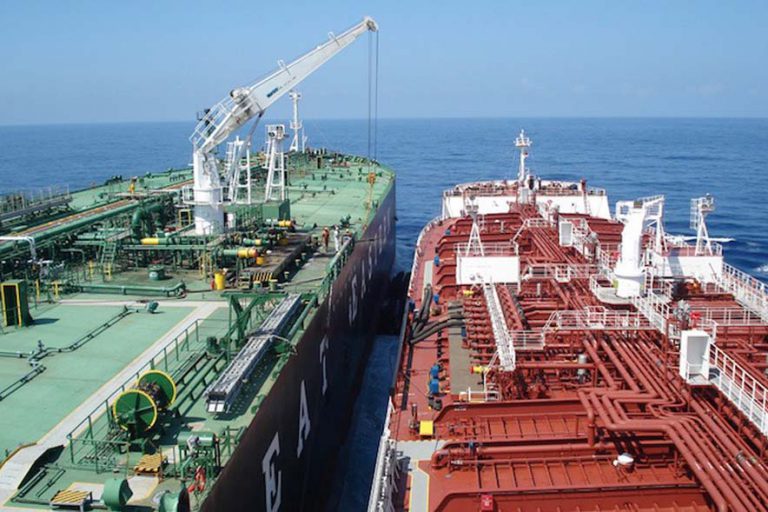Cargoes carried on tanker ships are flammable in nature as most release some types of gases which form a combustible mixture composed of hydrocarbons. A flammble mixture contains 1-10% hydrocarbon gas and the rest is air. "The cargoes we carry is often flammable, highly toxic, and corrosive - in short, it can be very dangerous to human health," said a ship Captain.

Accredited Certification
Earn professional certificates approved by the American Bureau of Shipping (ABS) and/or Nippon Kaiji Kyokai (ClassNK). Most countries accept Class-approved training certificate as equivalent for local endorsements. Check with your flag state for endorsement requirements.
This is an ABS-approved course. Candidates will earn an ABS-approved course completion certificate upon successful completion of this course.
This course is also approved by the US Coast Guard. US citizens can earn a USCG-approved course completion certificate by passing a proctored online test from a USCG-approved location.
This course prepares trainees for candidates as the Person-In-Charge of Tanker and / or Barge Operations, including loading and discharging procedures, tank preparation, pollution prevention and hazard control. This course also satisfies the Tankerman Assistant requirements for those that do not have the required Loads and Discharges.
Any candidate who successfully completes the Tank Ship Dangerous Liquids course will satisfy: the training requirements of 46 CFR 13.201(c)(4) for an endorsement as Tankerman-PIC DL and 13.301(c)(4) for an endorsement as Tankerman-PIC (Barge) DL; the requirements of 46 CFR 13.603(a)(2), 46 CFR 13.603(b)(2), 46 CFR 13.603(c)(2) and STCW Code Table A-V/1-1-2 for an STCW endorsement for Advanced Oil Tanker Cargo Operations; and the requirements of 46 CFR 13.605(a)(2), 46 CFR 13.605(b)(2), 46 CFR 13.605(c)(2) and STCW Code Table A-V/1-1-3.
Upon registration, courses are conveniently accessible online for condidates to participate at their own pace and on their own schedule